The Dictator's Handbook
- 352pages
- 13 heures de lecture
Two renowned political scientists show how the rules of politics almost always favor leaders who ignore the national interest and focus on serving their own supporters.
Bruce Bueno de Mesquita est un politologue spécialisé dans les relations internationales et la politique étrangère. Il est l'un des auteurs de la théorie du collège électoral, qui tente d'expliquer le comportement des gouvernements. En utilisant des modèles informatiques et la théorie des jeux, il analyse les événements politiques et prédit les développements futurs. Son travail vise à dévoiler les mécanismes cachés du pouvoir et du conflit dans la politique mondiale.
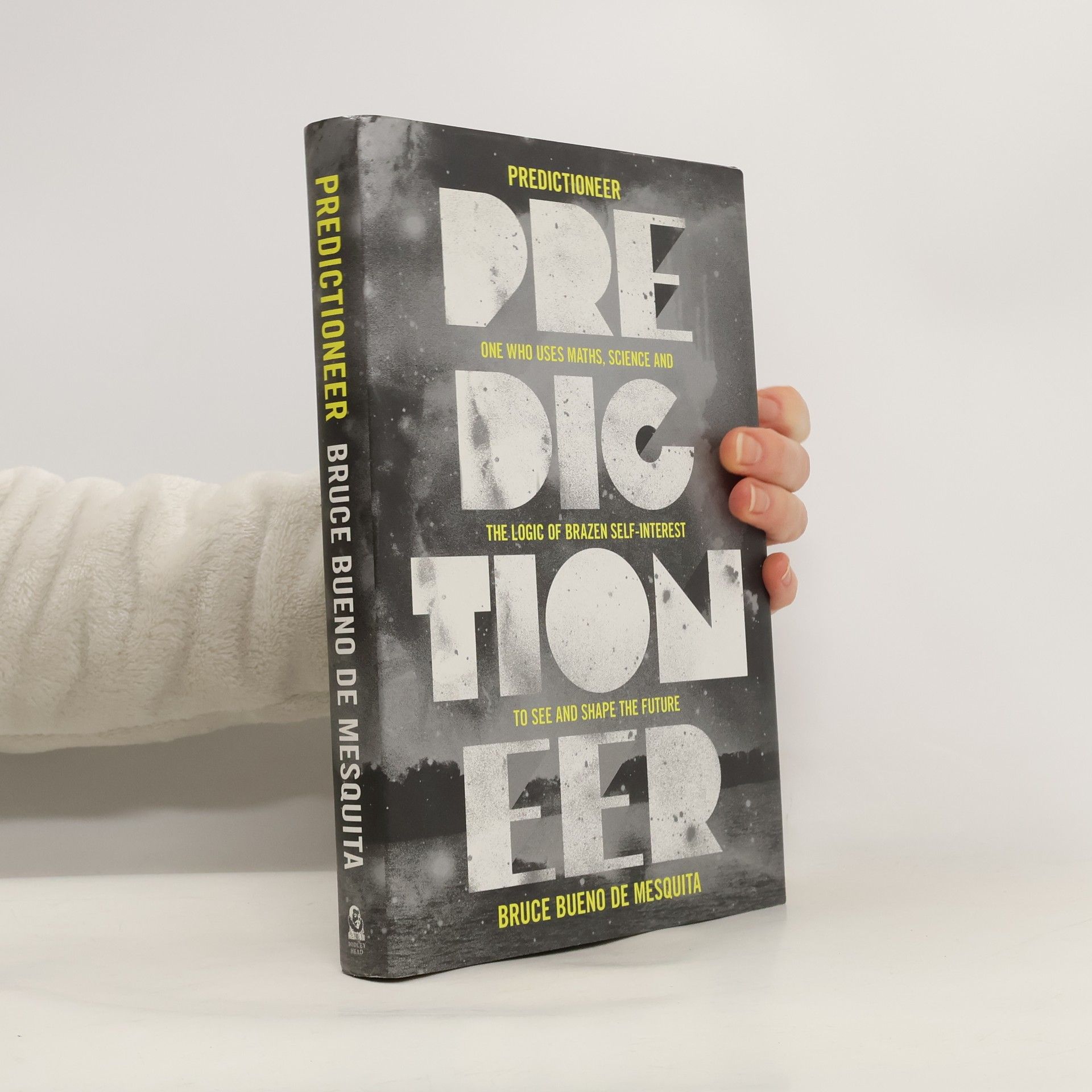

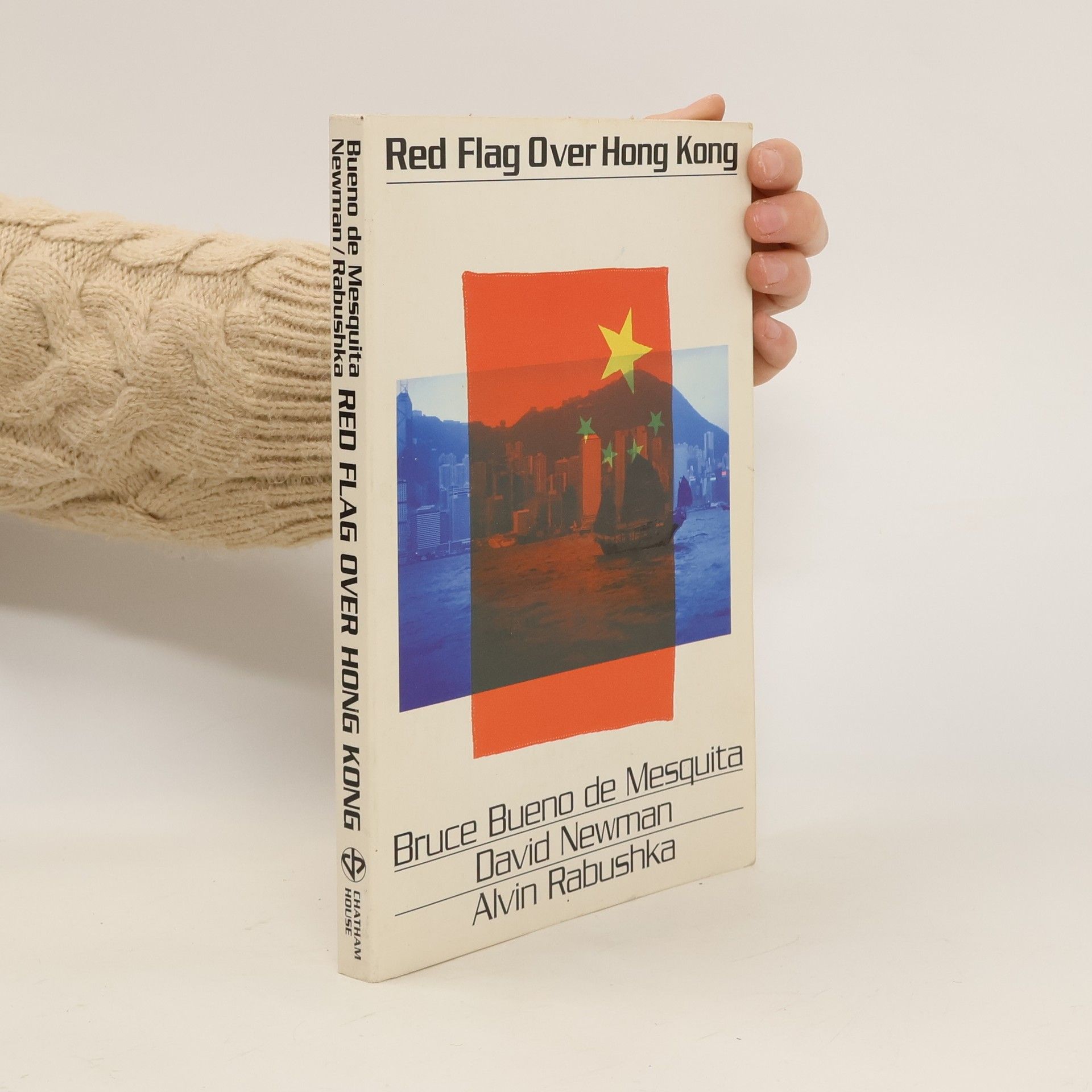
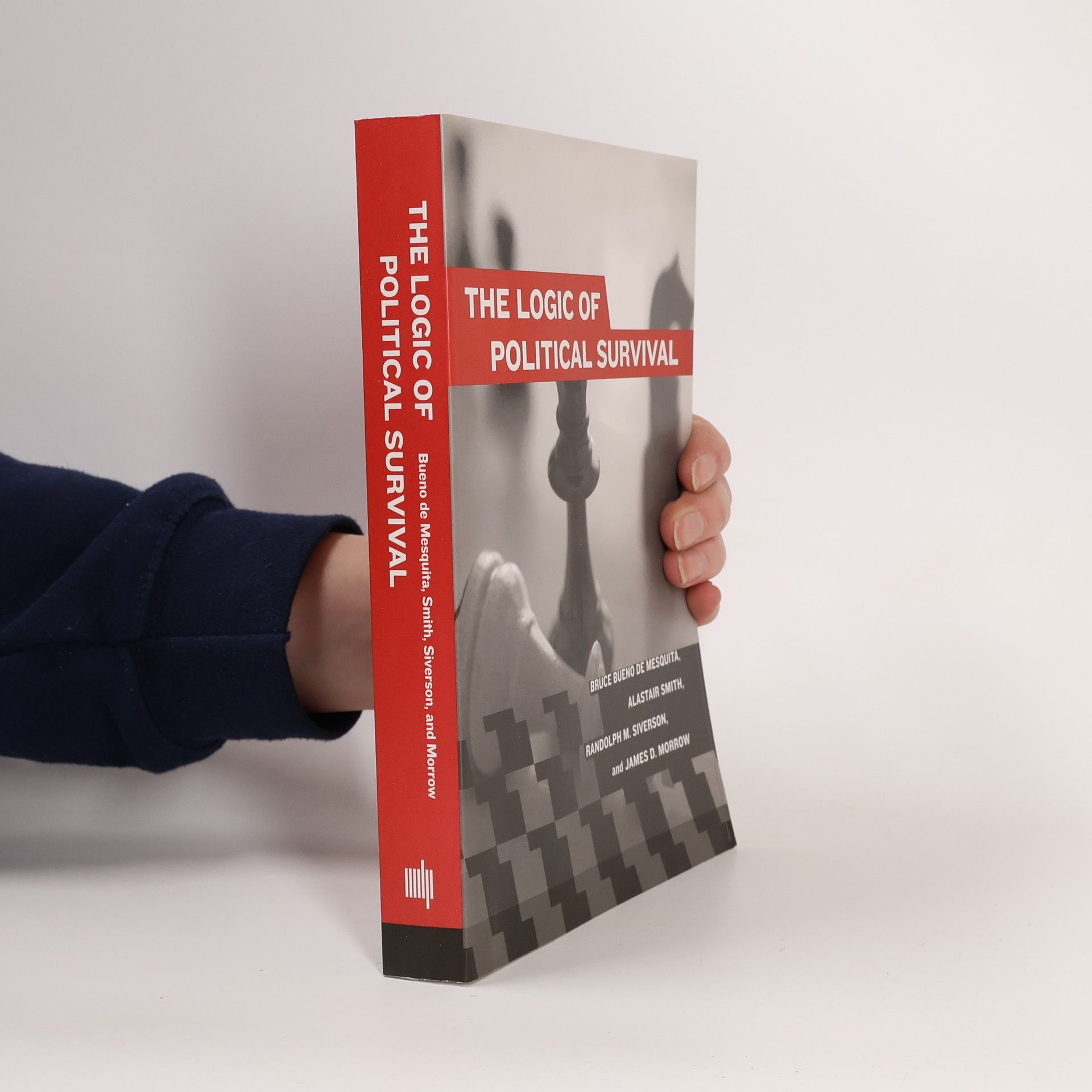
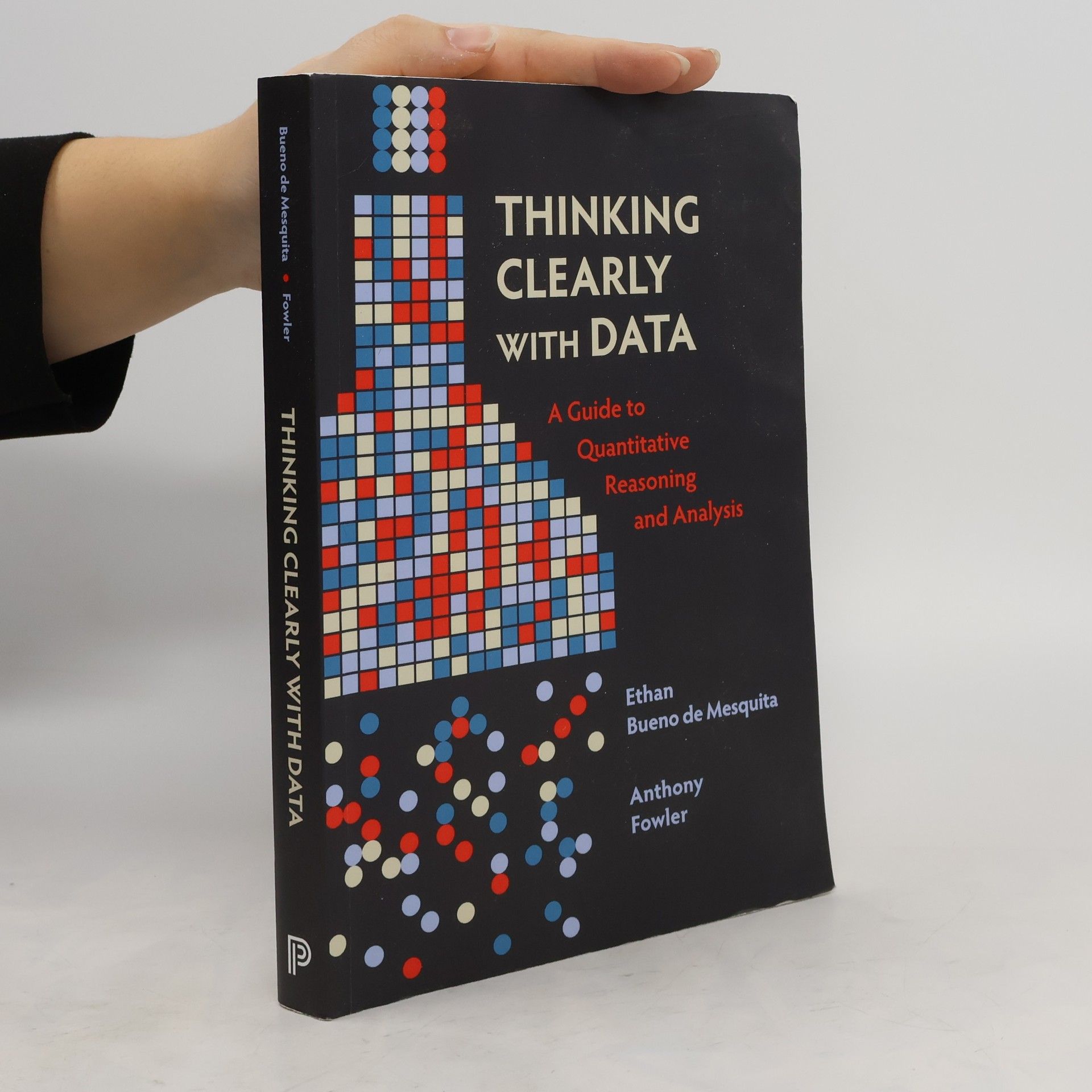
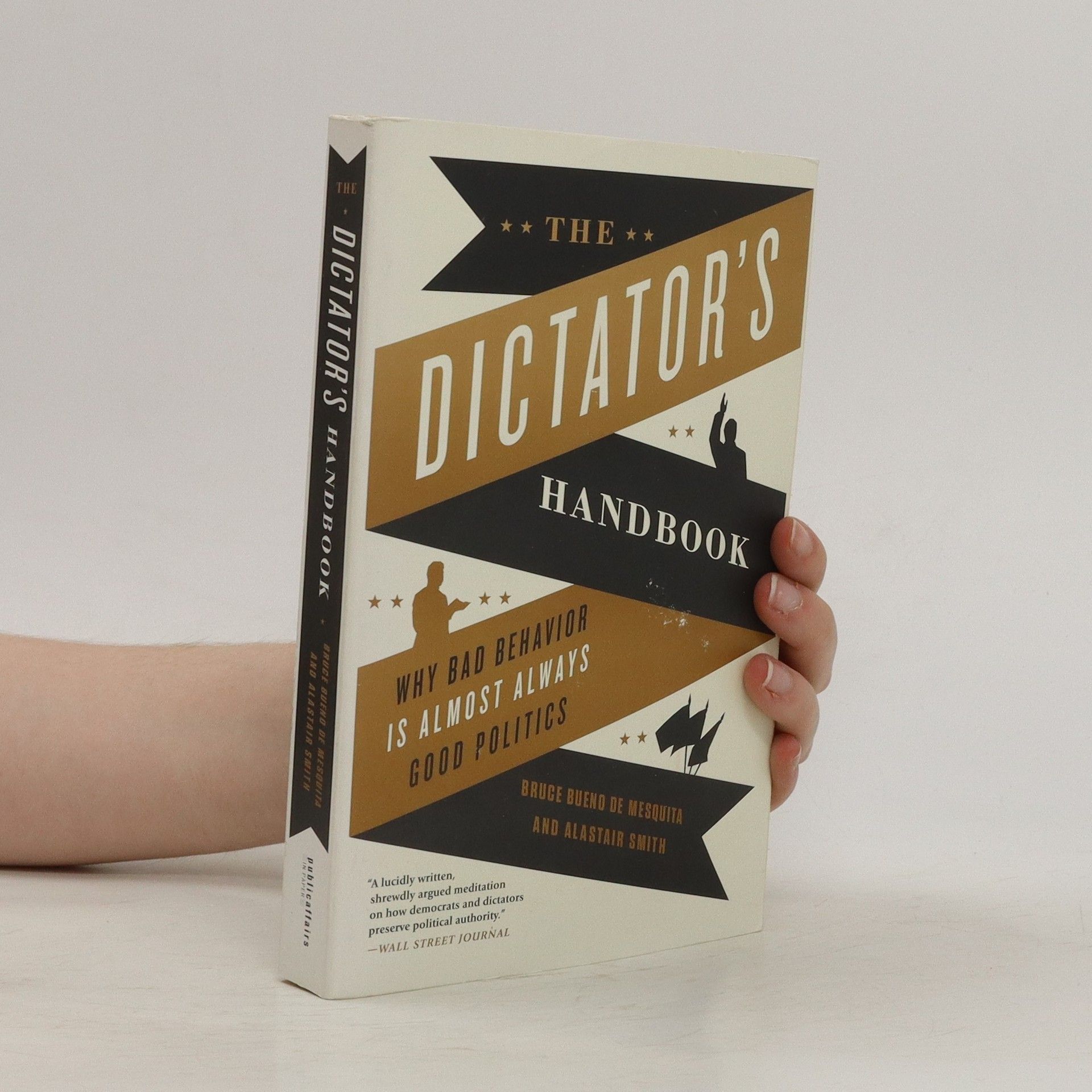
Two renowned political scientists show how the rules of politics almost always favor leaders who ignore the national interest and focus on serving their own supporters.
"This is an intro-level text that teaches how to think clearly and conceptually about quantitative information, emphasizing ideas over technicality and assuming no prior exposure to data analysis, statistics, or quantitative methods. The books four parts present the foundation for quantiative reasoning: correlation and causation; statistical relationships; causal phenomena; and incorporating quantitative information into decision making. Within these parts it covers the array of tools used by social scientists, including regression, inference, experiments, research design, and more, all by explaining the rationale and logic behind such tools rather than focusing only on the technical calculations used for each. New concepts are presented simply, with the help of copious examples, and the books leans towards graphic rather than mathematical representation of data, with any technical material included in appendices"--
The authors of this ambitious book address a fundamental political question: why are leaders who produce peace and prosperity turned out of office while those who preside over corruption, war, and misery endure? Considering this political puzzle, they also answer the related economic question of why some countries experience successful economic development and others do not. The authors construct a provocative theory on the selection of leaders and present specific formal models from which their central claims can be deduced. They show how political leaders allocate resources and how institutions for selecting leaders create incentives for leaders to pursue good and bad public policy. They also extend the model to explain the consequences of war on political survival. Throughout the book, they provide illustrations from history, ranging from ancient Sparta to Vichy France, and test the model against statistics gathered from cross-national data. The authors explain the political intuition underlying their theory in nontechnical language, reserving formal proofs for chapter appendixes. They conclude by presenting policy prescriptions based on what has been demonstrated theoretically and empirically.
Lucid and compelling, this is an essential guide to the turbulent future of Hong Kong. The authors begin with a concise historical overview, tracing how Hong Kong with its unique geographical setting, "textbook" freemarket economy, and industrious population, developed into one of the world's richest territories. Based on their own expertise in policy choices and a collection of data from a wide range of expert observers, the authors applied a scientific model of decision making to Hong Kong's unknown future.
"This book solves one of the great puzzles of history: why did the West become the most powerful civilization in the world? Political scientist Bruce Bueno de Mesquita explains the consolidation of power in the West through a single, little noticed event: the 1132 Concordat of Worms. Bueno de Mesquita makes a deeply researched and persuasive case that the Concordat changed the terms of competition between churches and nation-states, incentivizing economic growth and benefiting citizens over kings and popes. In the centuries since, those countries that have had similar arrangements have been consistently better off than those that did not"-- Provided by publisher
One Who Uses Maths, Science and the Logic of Brazen Self-Interest to See and Shape the Future
Bruce Bueno de Mesquita, a master of game theory, has an impressive track record in predicting political, financial, and personal events, boasting a ninety percent success rate with his forecasts for clients like the CIA and major corporations. In this eye-opening book, he shares his methods and invites readers to engage with his insights. Bueno de Mesquita delves into the origins of game theory, building on John Nash's foundational ideas to create a pragmatic system that helps us strategize by understanding our opponents' desires and potential reactions. He applies his techniques to pressing global issues, offering strategies to manage the nuclear ambitions of Iran and North Korea, explore resolutions for the Israeli-Palestinian conflict, and anticipate corporate fraud. He also addresses climate change and international terrorism, outlining their likely trajectories and our best responses. Beyond global challenges, Bueno de Mesquita emphasizes that game theory can also enhance personal decision-making, aiding in legal disputes, career advancement, and even negotiating better prices when buying a car. Provocative and original, this work will transform your perspective on the world and your place in it, making Bueno de Mesquita an invaluable ally in navigating life's complexities.
The fifth edition by Bruce Bueno de Mesquita offers a refined exploration of international relations, emphasizing the strategic factors behind war, peace, and world order. Drawing on extensive feedback, this edition enhances clarity and precision, making complex concepts more accessible. The author’s scientific approach continues to set a benchmark in the field, providing readers with a comprehensive understanding of the dynamics that shape global interactions.
To predict global policy developments over the next thirty years, Bruce Bueno de Mesquita employs game theoretic models, demonstrating their application in business and significant American foreign policy initiatives. Utilizing data from 1948, he illustrates how these models successfully predicted the end of the Cold War. He then analyzes data from 1980 across approximately one hundred countries to simulate future scenarios, particularly regarding democratization. His findings indicate that the wave of democratization seen in the late 1980s and early 1990s was foreseeable based on data available in 1980. While he presents concerning predictions about Russia and China's domestic situations, he also offers a unique perspective on Russia's struggle to attract investment and achieve growth rates typical of democratic nations. Despite being more democratic than in 1980, Russia has lagged in democratization compared to the global standard, lacking the essential elements of property rights, rule of law, and transparent governance necessary for investment attraction. Bueno de Mesquita's analysis of policy situations through game theory not only elucidates past and present events but also equips readers with the tools to make their own informed predictions about future foreign policies.
Explores the political careers of Ronald Reagan and Boris Yeltsin, who overcame defeat early in their political careers and rose to the highest elected offices in their respective countries